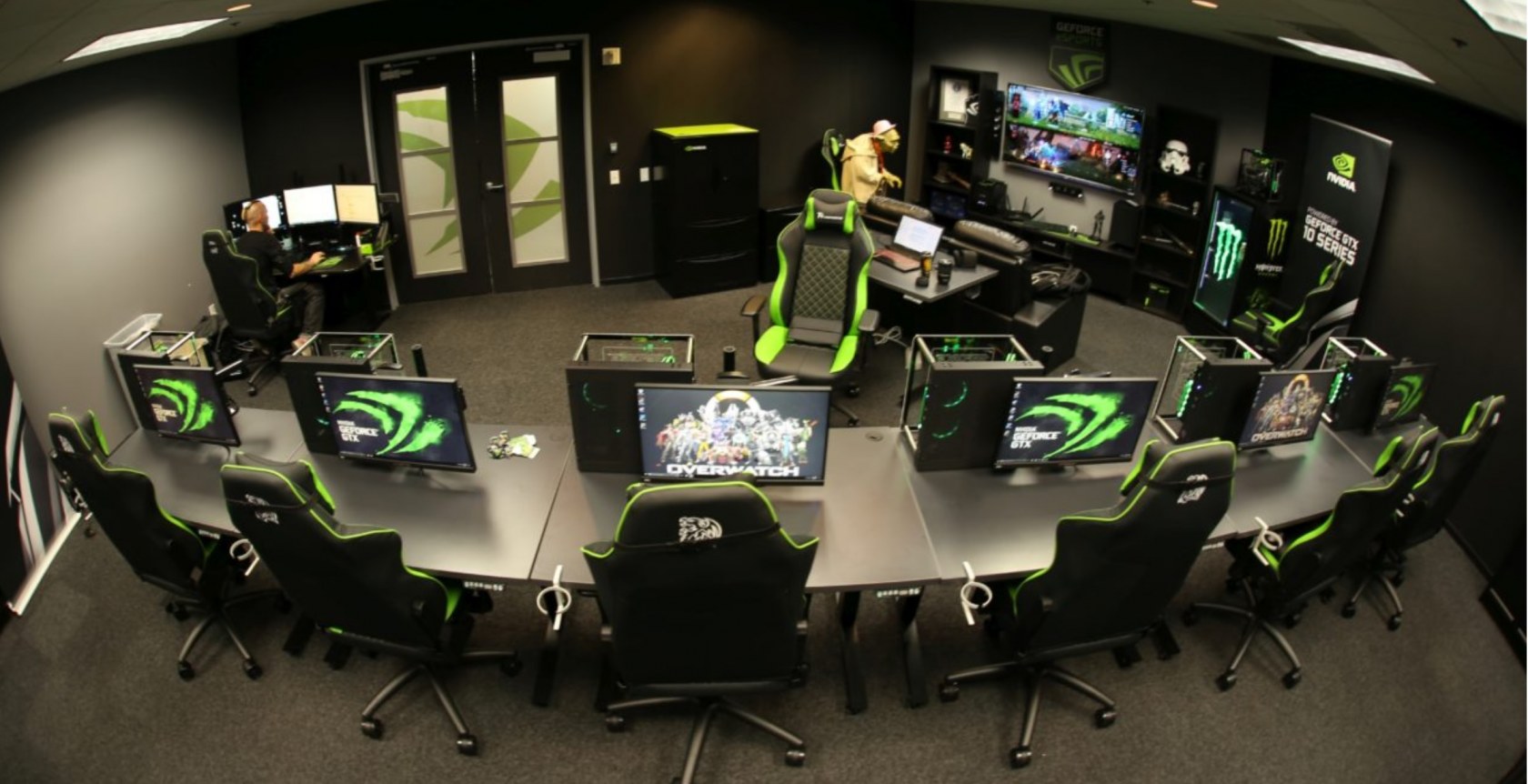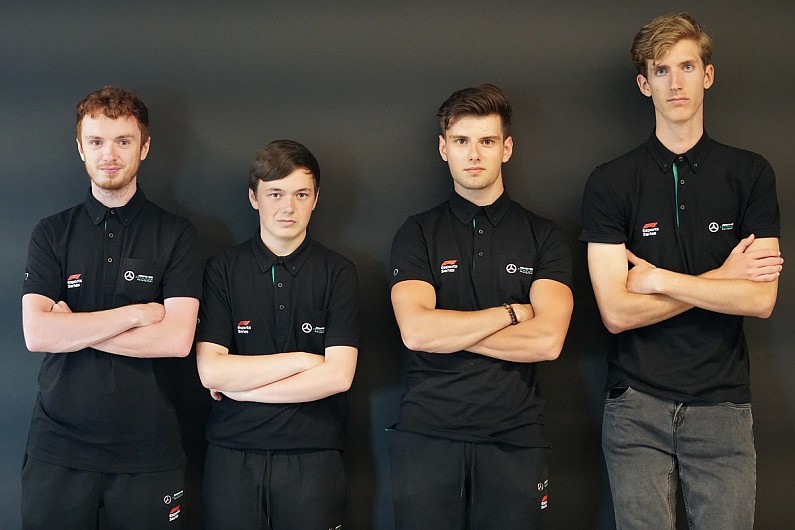
- Overwatch League, an esports circuit with teams in three continents, will broadcast its inaugural championship live in prime time on ESPN this Friday, with the Philadelphia Fusion facing the London Spitfire
- Will be the first time Disney’s marquee sports channel carries competitive gaming in that slot, and it’s likely to do more over the course of a two-year deal signed with Overwatch this month
NEW YORK — ESPN is set to make a major trade this weekend: LeBron for Lucio. Brady for Bastion. Serena for Soldier: 76.
North America’s biggest sports platform is ready to embrace competitive gaming, and it’s wagering that traditional sports fans are, too.
The Overwatch League, an esports circuit with teams in three continents, will broadcast its inaugural championship live in prime time on ESPN this Friday, with the Philadelphia Fusion facing the London Spitfire. It will be the first time Disney’s marquee sports channel carries competitive gaming in that slot, and it’s likely to do more over the course of a two-year deal signed with Overwatch this month.
It’s a major achievement for Overwatch, a first-person shooter from Blizzard Entertainment, and the latest indicator that esports are ready to edge into the American mainstream. The industry has converted a number of notable believers in recent years, including Overwatch franchise investors like New England Patriots owner Robert Kraft, New York Mets COO Jeff Wilpon and Los Angeles Rams owner Stan Kroenke.
Esports have been a popular pastime elsewhere for decades, most notably in South Korea. But are North American audiences really ready to invest their time and money into watching other people play video games? It’s a billion dollar question, literally — market analyst Newzoo projects the industry will do $1.7 billion in revenue by 2021.
For those who can’t tell a D.Va Bomb from a Whole Hog, here is some of what you should know before video games jump from the PC to prime time.
WHAT ARE ESPORTS?
Video gamers have been competing for digital supremacy dating to Pong and Pac-Man, but competitive gaming these days is eschewing high scores in favour of multiplayer battles. First-person shooters, strategy games and battle royales have become the industry preference, with esports athletes competing either as individuals or teams to eliminate opponents and achieve objectives — think capture the flag, but usually with a twist. Although many gamers enjoy playing on Xbox or Playstation, most competitive esports are played on PCs. League of Legends, DOTA 2, Counter Strike and Overwatch have been the most popular esport titles in recent years.
WHAT IS OVERWATCH?
Overwatch is a first-person shooter released by Blizzard in 2016 with esports in mind. It features teams of six players competing to protect designated zones from enemy capture or safely move payloads across intricate maps. Players can choose from 27 characters — like Lucio, a roller-blading DJ whose music can harm opponents and heal allies, or Bastion, a robotic tank that can turn itself into a devastating sentry gun.
Each game takes roughly 10 minutes, and Overwatch League matches include five games. The first team to win two matches in the Grand Finals will be crowned champion.
WHY ARE ROBERT KRAFT AND JEFF WILPON INTERESTED IN THE OVERWATCH LEAGUE?
Traditional sports investors like Kraft and Wilpon have seen huge financial potential in esports for a while, but both held off on purchasing franchises until springing for Overwatch clubs in 2016. Blizzard convinced them to buy in by re-imagining the esports scene, mostly by giving the Overwatch League a structure familiar to North American sports fans.
Esports circuits in Asia and Europe have generally been club-based, with teams at risk of relegating into lesser leagues. The Overwatch League instead is using permanent city-based franchises — just like the NFL or NBA — but on a global scale. Currently, the league has 12 teams across three continents, and it’s planning expansion for Season Two.
The city-based structure was attractive to sports traditionalists, which is what led Kraft and Wilpon to own franchises in Boston and New York, respectively. Investors also liked the league’s generous revenue sharing system.
ARE ESPORTS ACTUALLY SPORTS?
It depends who you ask, and frankly, it’s not clear that it matters.
“It’s a good semantics argument,†Philadelphia Fusion president Tucker Roberts said. “Honestly, yes.â€
Video games do require physical skill. Even across the Overwatch League, there’s a spectrum of natural abilities, with some players boasting better reactions and co-ordination. Overwatch is also heavy on teamwork and strategy. People in the industry like to compare esports to darts, billiards or chess.
“There’s a difference between a sport being like, the most athletic sport, sure,†Roberts said. “But I think the bigger question isn’t the semantics of whether they’re a sport. It’s about, what does it mean to be a competition and how high are the stakes of the competition? I think the players on our team, I know, work harder than any athlete I’ve ever met.â€
For the industry, the argument only matters insofar as it affects visibility. If traditional sports giants like ESPN are on board, who cares what you call them?
WHY DOES ESPN WANT IN?
For one, ESPN’s definition of sports can get flimsy. The network has showcased events like the Scripps National Spelling Bee, the World Series of Poker and the Drum Corps International championships. ESPN has also aired soccer and football video game competitions in the past, just never live in prime time.
There’s good reason to think people will tune in. While video game viewing might be a novel concept domestically, it’s quite common in some other markets. For instance, South Korea has entire television networks dedicated to esports, and gaming events there routinely draw tens of thousands of attendees. Korean esports stars live lavish, celebrity lifestyles, with top players achieving a status similar to that of LeBron James in America.
ESPN wants to attract more Millennial and Gen-Z viewers, and competitive gaming seems like an obvious point of connection. Between 100,000-150,000 fans tuned into each second of the Overwatch League’s regular season broadcasts on the streaming service Twitch, and 10 million viewers watched the league’s opening weekend.
ESPN isn’t the only traditional sports staple eyeing a younger audience through video games. The International Olympic Committee is also exploring ways to partner with the esports industry, even hosting a forum this month to bring together gaming executives, players, sponsors and event organizers. Overwatch League Commissioner Nate Nanzer was among the panelists who spoke at the event.
HOW DO YOU BECOME A PRO GAMER?
Just like anything else, it’s largely a matter of talent and hard work.
Most game titles have multiple levels of competition, including lower-level leagues, tournaments and invitationals. Getting discovered varies across games. For instance, the Overwatch League has an “open†division, in which amateur teams can enter to compete for regional championships. A step above that is the Overwatch Contenders League, which is sort of like Triple-A. The Contenders League is partly comprised of what used to be the largest international Overwatch circuits, like APEX in Korea and the Premier Series in China.
Being a pro is a grind. Practice schedules vary by team, but most players are practicing six days per week, at least six hours per day, during the seven-month season.
WHAT DOES AN OVERWATCH BROADCAST LOOK LIKE?
Chaotic, mostly. And for those who have never played the game, the action can be difficult to follow. It’s fast-moving, jumping from player to player depending on the focal point of the action. Even Wilpon, who has viewed a few matches in-person in Los Angeles, admits to being “usually a half a step behind†the action.
Some want the league to develop two broadcasts — one for Overwatch experts, another geared toward newbies. For now, though, the same coverage will run on ESPN and Twitch, which could leave a few new fans feeling in over their heads.
WHERE DOES FORTNITE FIT INTO THIS?
Overwatch’s emergence in North America this year has been overshadowed in many ways by Fortnite, a battle royale contest from Epic Games that has jolted the industry. It’s become the most popular video game in the world, and Epic is trying to convert all those players into an esports audience by offering $100 million in prizes for Fortnite tournaments over the next year.
One major challenge for games like Overwatch is to maintain visibility amid the rise of competitors like Fortnite. Blizzard is optimistic, though. It specializes in games with staying power — like World of Warcraft, Hearthstone and StarCraft — and it plans to continually update Overwatch with new characters, maps and other features to maintain fan interest for decades.
Commissioner Nanzer is also wagering that Blizzard’s investment in the infrastructure of the league will be an asset. Indeed, while Overwatch is about to breakthrough on ESPN, Fortnite’s first-ever Summer Skirmish event proved nearly unwatchable because of technical issues and conservative game play.
“It takes a lot more than a press release to build an esport,†Nanzer told The Associated Press after Epic announced its $100 million prize pool.
——
Follow Jake Seiner on Twitter: https://twitter.com/jake–seiner
Source: https://business.financialpost.com/pmn/business-pmn/whats-overwatch-why-is-it-on-espn-an-ap-esports-explainer
![]() has launched a $2M FortniteÂ
has launched a $2M Fortnite ![]() tournament series. The event will be part of the Summer Skirmish Series—a collection of Fortnite tournaments each with its own rules and prize pool. Twitch’s series will be streamed live via its Twitch Rivals esports channel.
tournament series. The event will be part of the Summer Skirmish Series—a collection of Fortnite tournaments each with its own rules and prize pool. Twitch’s series will be streamed live via its Twitch Rivals esports channel.![]() and Starcraft IIÂ
and Starcraft IIÂ ![]() tournaments this year, including a PUBG invitational in February with a $100K prize pool. The competitor list for events like these will often include some of the most popular streamers for the game being showcased.
tournaments this year, including a PUBG invitational in February with a $100K prize pool. The competitor list for events like these will often include some of the most popular streamers for the game being showcased.![]() . Unlike PUBG’s Global Invitational, which focused on high level competition from the best esports teams in the world, the focus of the Summer Skirmish thus far has been on invitational events featuring some the game’s most popular streamers and personalities.
. Unlike PUBG’s Global Invitational, which focused on high level competition from the best esports teams in the world, the focus of the Summer Skirmish thus far has been on invitational events featuring some the game’s most popular streamers and personalities.
 Technical crew for The International Dota 2 Championship set up the show at Rogers Arena in Vancouver,
Technical crew for The International Dota 2 Championship set up the show at Rogers Arena in Vancouver,


